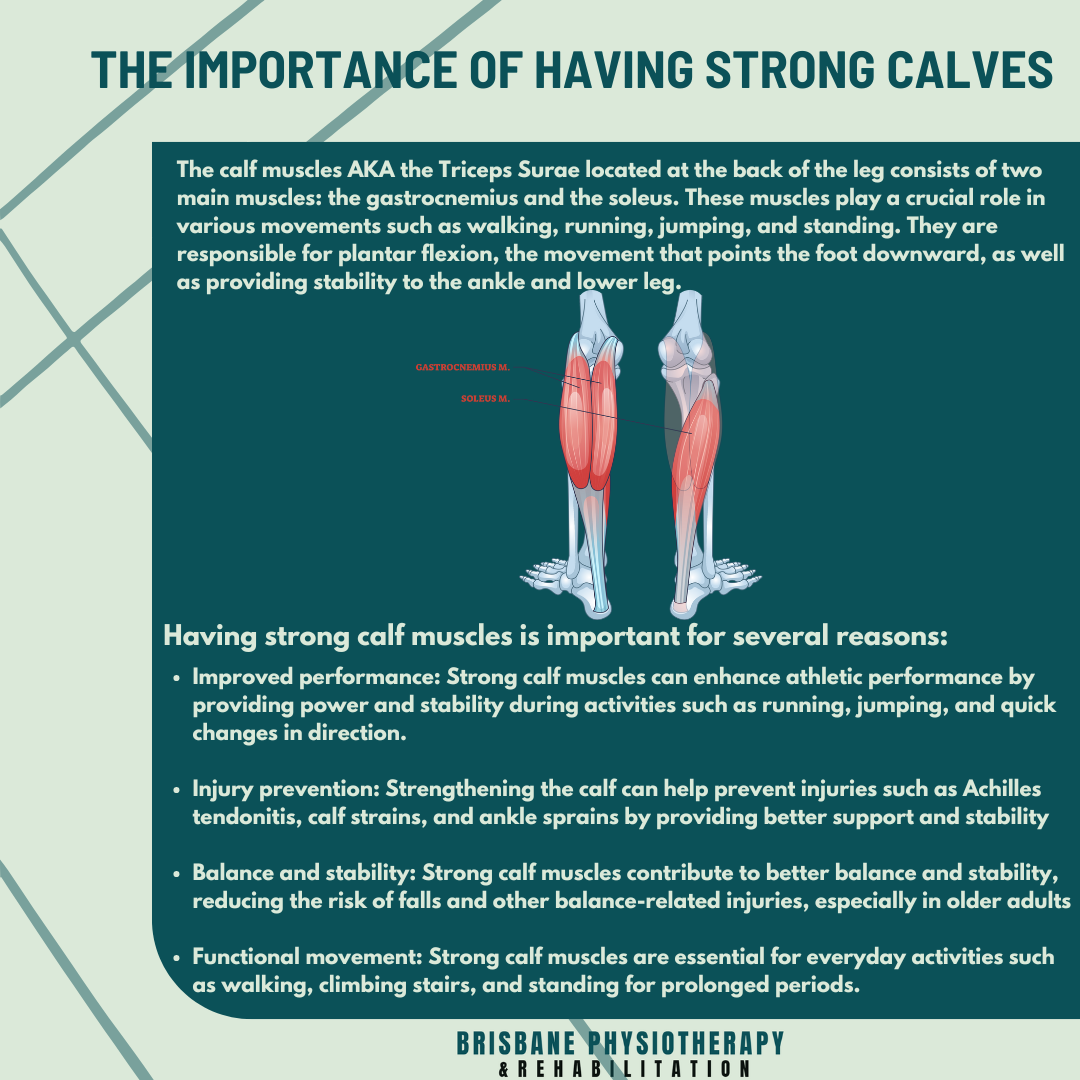The Importance of Having Strong Calf Muscles
The calf muscles, also known as the triceps surae, are located at the back of the lower leg. They consist of two main muscles: the gastrocnemius and the soleus. These muscles play a crucial role in various movements such as walking, running, jumping, and standing. They are responsible for plantar flexion, which is the movement that points the foot downward, as well as providing stability to the ankle and lower leg.
Having strong calf muscles is important for several reasons:
Improved performance: Strong calf muscles can enhance athletic performance by providing power and stability during activities such as running, jumping, and quick changes in direction.
Injury prevention: Strengthening the calf muscles can help prevent injuries such as Achilles tendonitis, calf strains, and ankle sprains by providing better support and stability to the ankle and lower leg.
Balance and stability: Strong calf muscles contribute to better balance and stability, reducing the risk of falls and other balance-related injuries, especially in older adults.
Functional movement: Strong calf muscles are essential for everyday activities such as walking, climbing stairs, and standing for prolonged periods.
Physiotherapists often prescribe exercises to strengthen the calf muscles as part of rehabilitation programs for various lower limb injuries and conditions. Some of the conditions and injuries that can benefit from strengthening the calf muscles include:
Achilles tendonitis: Strengthening the calf muscles can help alleviate stress on the Achilles tendon and promote healing in cases of Achilles tendonitis.
Calf strains: Strengthening exercises are crucial in rehabilitating calf muscle strains by improving muscle strength and flexibility and reducing the risk of re-injury.
Ankle instability: Strengthening the calf muscles can improve ankle stability, which is essential for individuals with chronic ankle instability or a history of ankle sprains.
Plantar fasciitis: Although not directly related, strengthening the calf muscles can indirectly help alleviate symptoms of plantar fasciitis by improving overall lower limb function and reducing strain on the plantar fascia.
Overall, strong calf muscles are vital for optimal lower limb function, performance, and injury prevention, making them a key focus in many physiotherapy programs.

